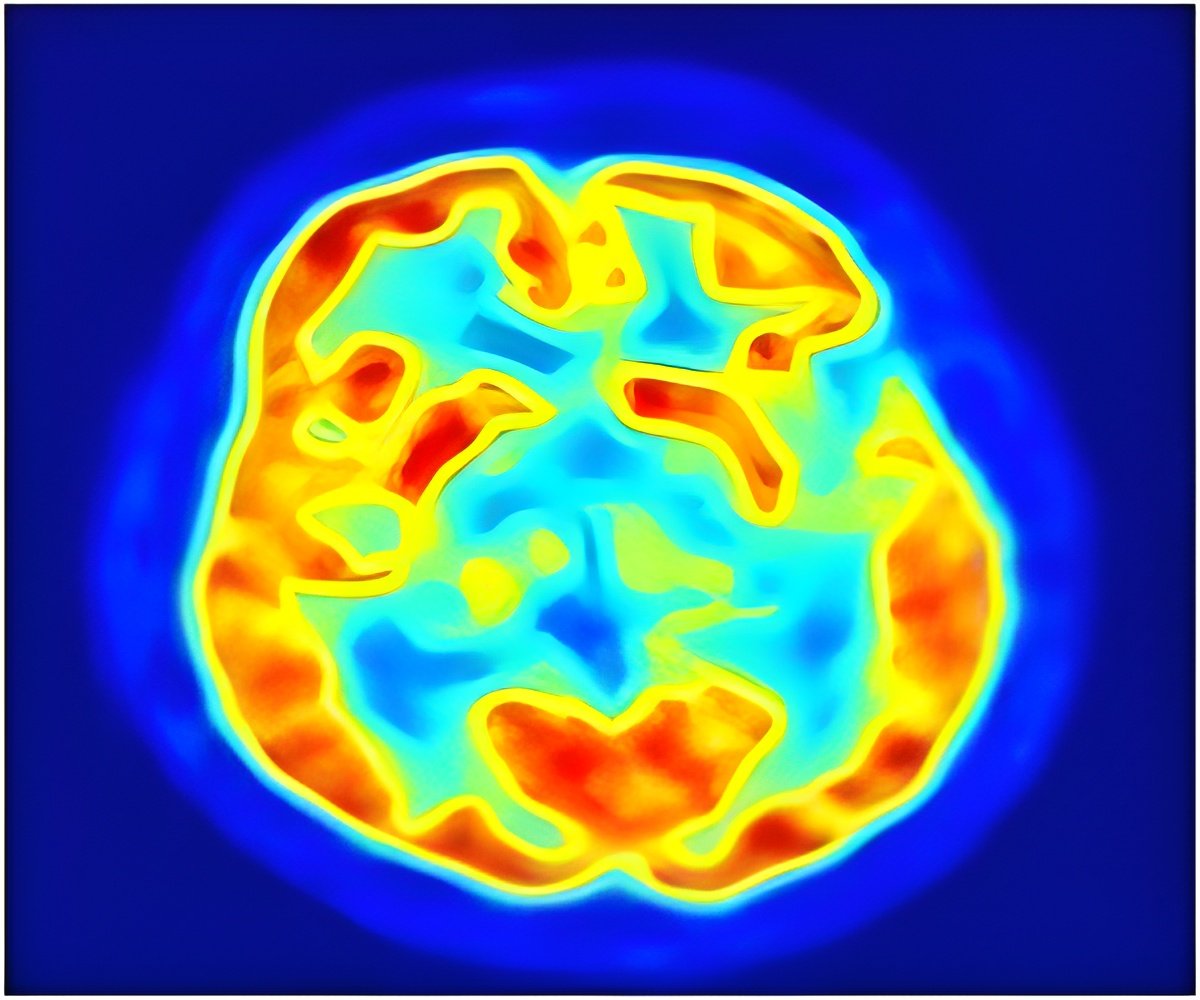A study found that a drug approved to treat brain tumors does not improve survival rates and should be dropped from initial treatment regimes because it also worsens side effects.

However, a randomized trial of 637 patients found no difference in survival rates between those who took the drug to supplement their chemotherapy and those who took a placebo.
"Unless we can identify a group of patients that clearly benefits from early use of bevacizumab, it appears that it should not be used in the first-line setting," said Mark Gilbert, a professor of neuro-oncology at the University of Texas MD Anderson Cancer Center in Houston.
"Bevacizumab remains an important part of our armory against glioblastoma, but in most situations it should be reserved as a salvage regimen."
While the patients who received the drug also showed more side effects -- particularly low platelet counts, blood clots and high blood pressure -- Gilbert said the increased toxicity would be acceptable if a survival benefit had been found.
The phase III trial also concluded that the drug had a detrimental impact on quality of life, with patients showing a greater degree of cognitive decline.
Advertisement
Patients were unblinded after their tumors came back to allow for treatment with or without bevacizumab.
Advertisement
An estimated 14,080 people will die from brain tumors in the United States this year and 23,130 new cases will be detected.
The study was presented at the annual meeting of the American Society of Clinical Oncology in Chicago.
Source-AFP














